The demand for accommodation, relaxation and experiences from the recovery of the tourism industry with the increase in international visitors thanks to the maintenance and expansion of the visa exemption policy, has been contributing to promoting the recovery process in key tourism and resort real estate markets.
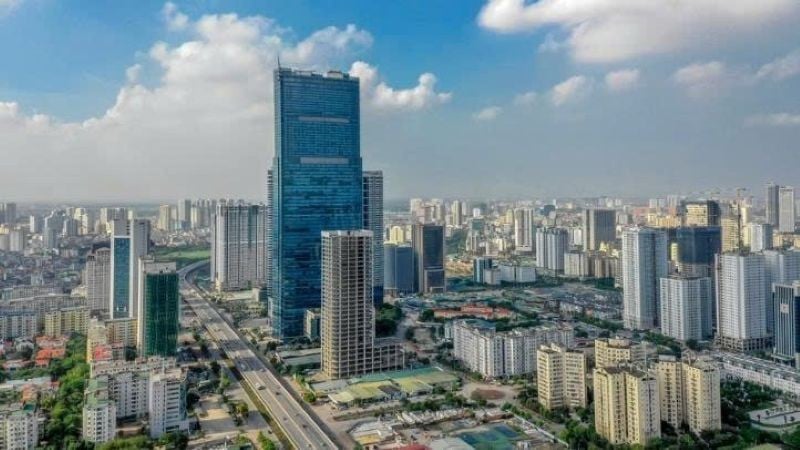 |
Implementing the tourism stimulus program, the Government has just issued Resolution No. 229/NQ-CP dated August 8, 2025 on visa exemption for citizens of 12 countries, from August 15 to August 14, 2028.
In August, the Government also issued Decree No. 221/2025/ND-CP dated August 8, 2025, regulating the temporary visa exemption for foreigners who are in special need of incentives to serve socio -economic development.
Previously, in March, the Government issued Resolution No. 44/NQ-CP dated March 7, 2025 on visa exemption for citizens of 12 countries. Thus, Vietnam is currently implementing a unilateral visa exemption policy for citizens of 24 countries, mainly from Europe. Notably, from August 2023, the length of stay for visitors under unilateral visa exemption has also been increased from 15 days to 45 days.
This is a strong step forward in immigration procedures, helping Vietnam improve its competitiveness with other destinations in the region, attracting international visitors - a group of visitors with long stays and high spending.
A report from the General Statistics Office (Ministry of Finance) shows that the number of international visitors to Vietnam in 2024 will reach 17.6 million, an increase of nearly 40% compared to 2023 and equal to 98% compared to 2019 - the golden year of tourism, in which visitors from visa-exempt markets account for a large proportion.
Notably, 4/10 countries with the strongest growth rates, including Russia, Italy, Sweden, and France, are on the list of new countries with unilateral visa exemptions.
The visa exemption policy continues to bring positive signals to Vietnam's tourism industry in 2025. Specifically, in the first 6 months of 2025, international visitors to Vietnam reached 10.7 million, an increase of nearly 21% over the same period in 2024 and an increase of nearly 26% over 2019.
Notably, according to statistics from the Vietnam National Administration of Tourism, in the first half of 2025, the number of visitors from Poland to Vietnam increased by 44%, while from Switzerland increased by 10% compared to the same period in 2024.
The recovery of the tourism industry with strong growth in international visitors has led to a sharp increase in demand for accommodation, relaxation and experiences, contributing to the recovery process in key tourism and resort real estate markets. Accordingly, the occupancy rate has improved significantly.
Specifically, survey information from the Vietnam Real Estate Market Research and Evaluation Institute (VARS IRE) and statistical information from the Departments of Culture, Sports and Tourism of provinces and cities show that currently, room occupancy rates at 4-5 star hotels in key tourism markets are recorded at 70 to 90%, even full rooms during holidays and festivals, with room revenue increasing by 20-30% over the same period.
Notably, these destinations are all localities that attract the most international visitors such as Da Nang, Nha Trang, Phu Quoc, with synchronous infrastructure systems, strong tourism brands, and clear strategies to attract international visitors.
As a result, the value of tourism and resort real estate in the above localities is also gradually improving. Although there has been no sudden increase in prices, the phenomenon of continuing to cut losses has almost ended as investors have more expectations for the market's prospects. Some projects even recorded a 5-10% increase in secondary transaction prices over the past year.
Along with that, a series of high-end resort projects have also been deployed and restarted, and some investors have boldly opened projects for sale with positive transaction results.
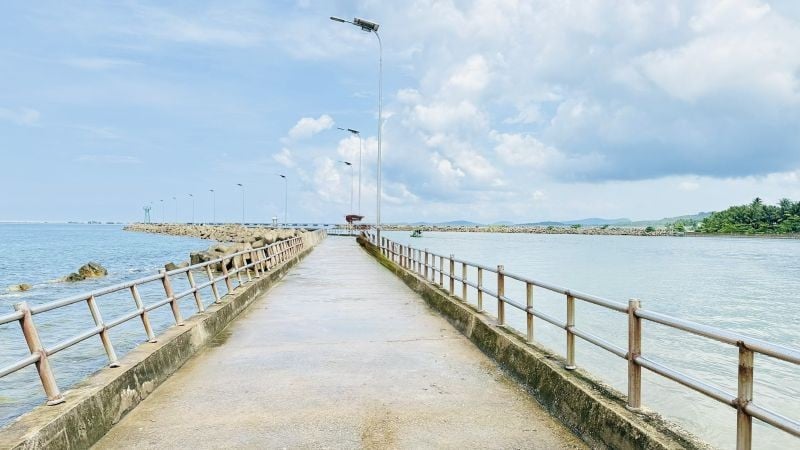 |
| A wharf on Phu Quoc Island, An Giang. (Photo: HNV) |
The Vietnam Real Estate Market Research and Evaluation Institute (VARS IRE) believes that the visa exemption policy will continue to accelerate the recovery of room capacity, leading to new investment demand in real estate projects. Many investors will continue to take advantage of this signal to launch products or restart previously stalled projects in key tourism areas.
In addition, maintaining and expanding the visa exemption policy also helps shape the long-term resort real estate development strategy. The strong increase in the number of international visitors with long stays and high spending capacity will encourage investors to promote the development of high-end products such as beach villas, international standard resorts or luxury condotels.
At the same time, to anticipate the rapidly increasing flow of international visitors, many localities will prioritize investment in key infrastructure such as airports, seaports, and connecting transport systems. This will not only improve tourism service capacity, but also increase real estate value throughout the region.
In the long term, maintaining and expanding the visa exemption policy also contributes to enhancing Vietnam's attractiveness as a long-term investment and resort destination.
Not only does this policy extend the length of stay, it also helps attract and retain high-value groups of guests, from long-term vacationers, international experts, to investors seeking business opportunities and an attractive living environment.
A segment of international visitors, especially those who have visited Vietnam many times, tend to buy real estate for long-term residence, retirement and investment. As a result, the resort real estate market not only benefits from short-term demand, but also consolidates the foundation for sustainable growth in the long term.
It can be seen that the visa exemption policy is an important "lever" to help Vietnam's tourism industry recover quickly and sustainably after the pandemic. However, to turn this advantage into a breakthrough driving force for tourism and resort real estate, investors need to continue to differentiate their products and experiences to enhance their competitiveness with other countries in the region, such as developing diversified product projects, developing tourism products combined with health care, or linking with the development of the night-time economy to retain tourists longer.
At the same time, the State needs to promptly remove legal obstacles, create a transparent and stable investment environment, thereby strengthening the confidence of domestic and foreign investors.
According to HAN NGUYEN/ nhandan.vn
Source: https://baovinhlong.com.vn/kinh-te/202508/bat-dong-san-du-lich-nghi-duong-huong-loi-tu-chinh-sach-mien-thi-thuc-1431ad6/







![[Photo] General Secretary To Lam attends the 80th anniversary of Vietnam's diplomacy](https://vphoto.vietnam.vn/thumb/1200x675/vietnam/resource/IMAGE/2025/8/25/3dc715efdbf74937b6fe8072bac5cb30)

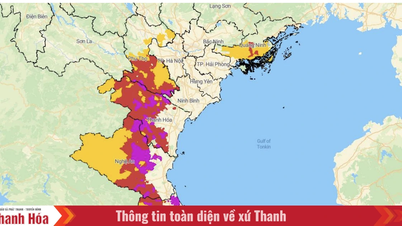

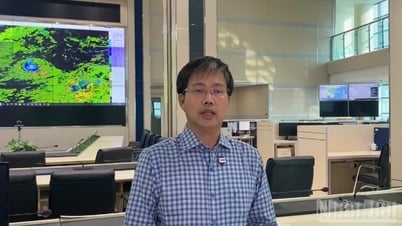

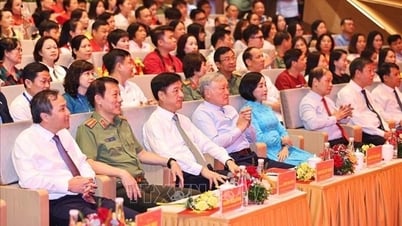
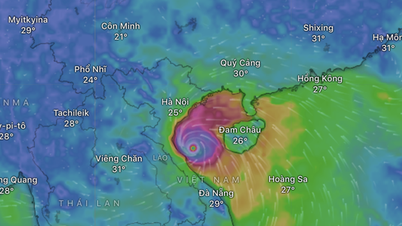
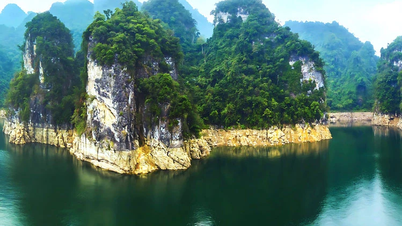






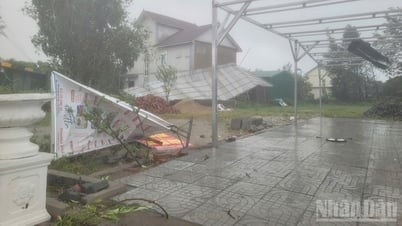


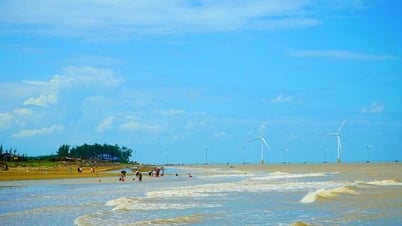















































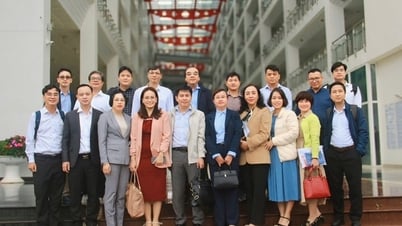
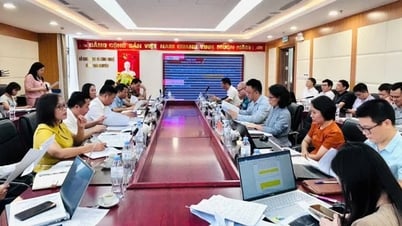


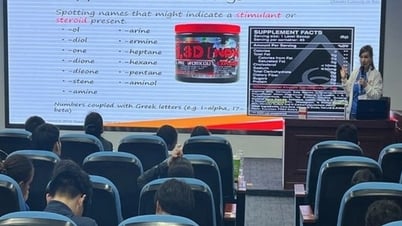
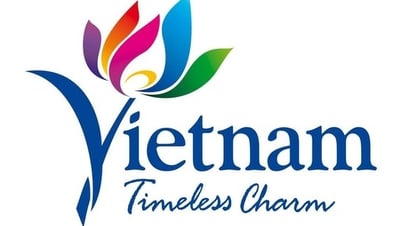
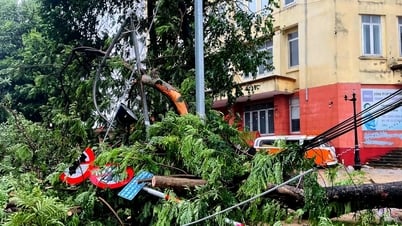

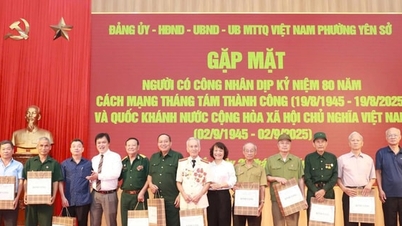
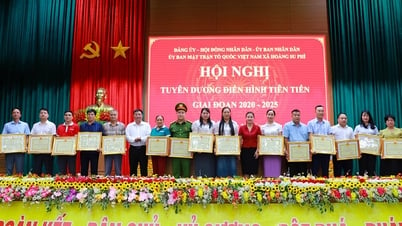
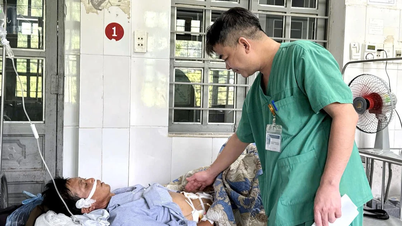

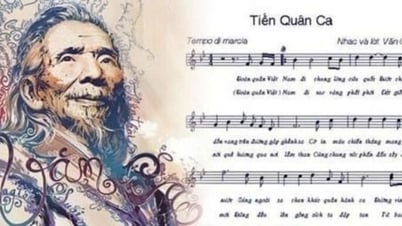














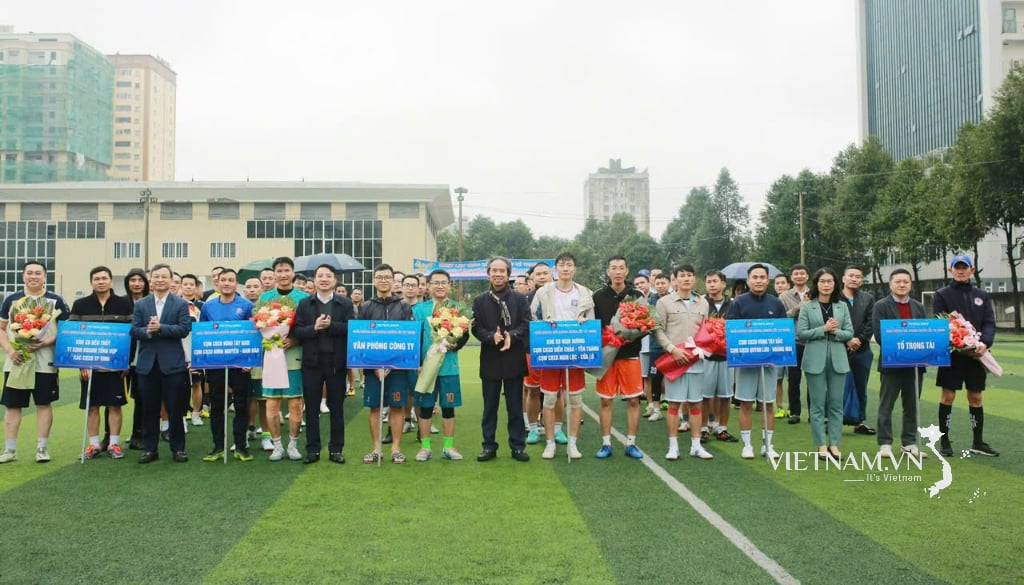
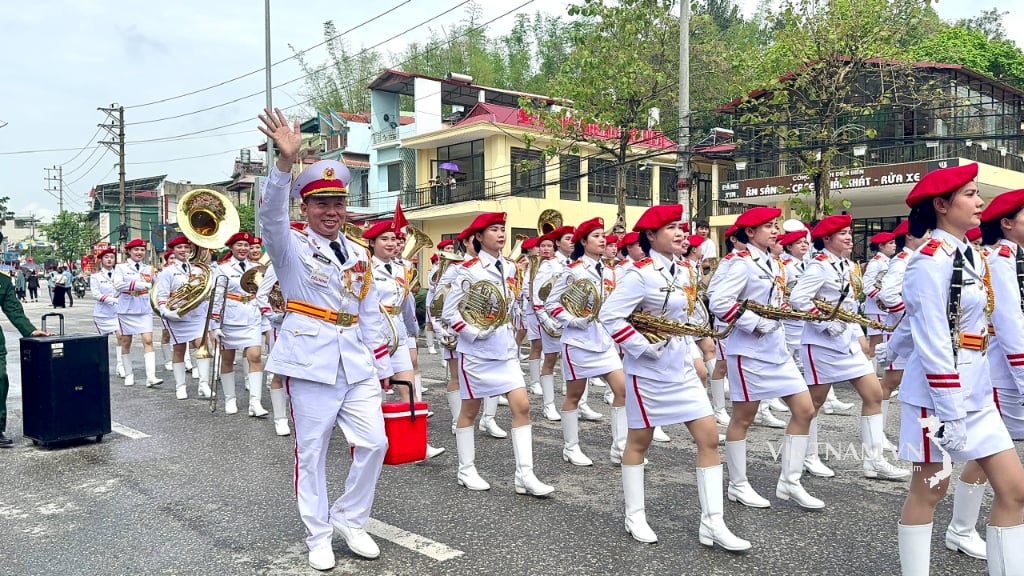
Comment (0)